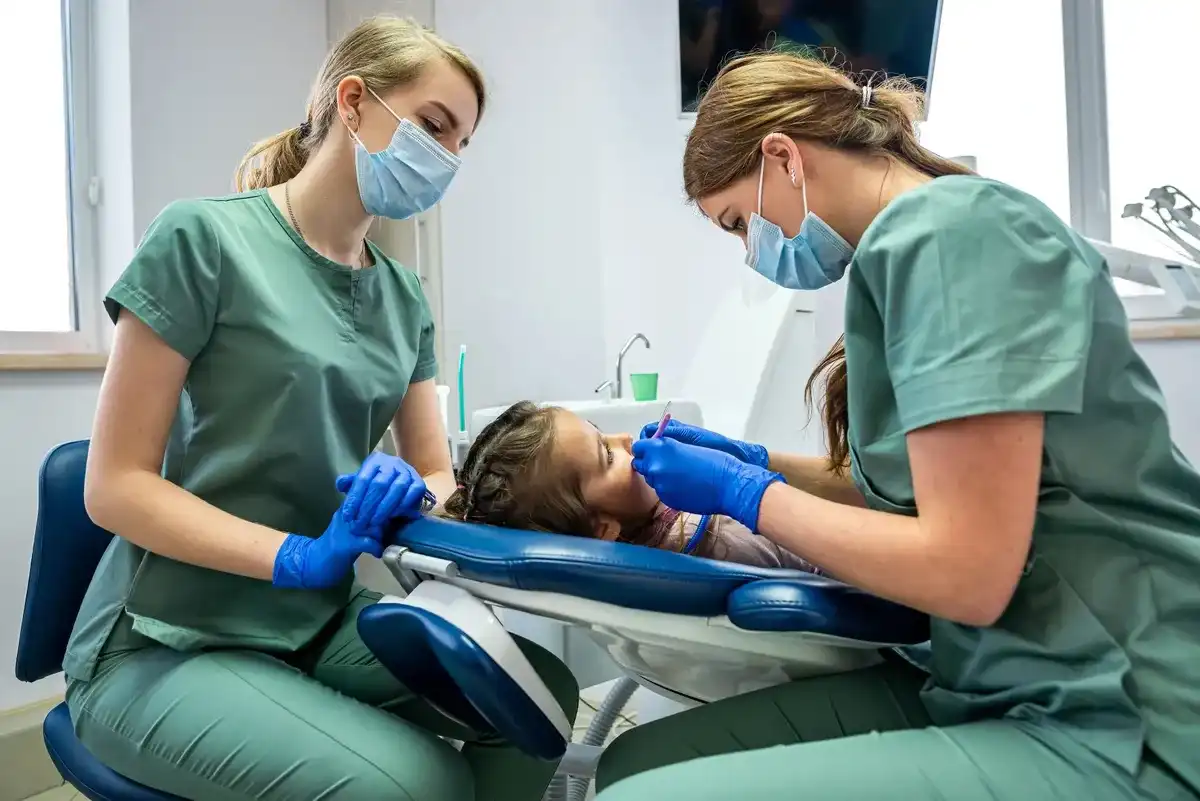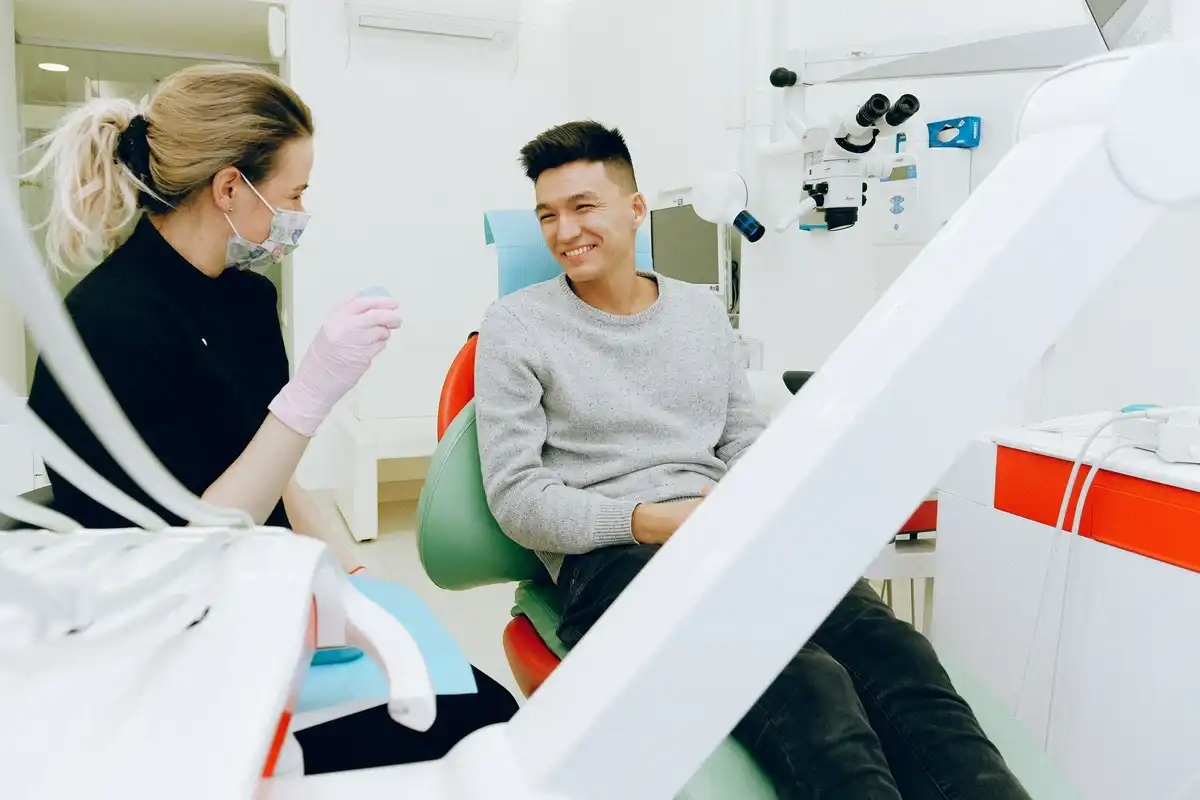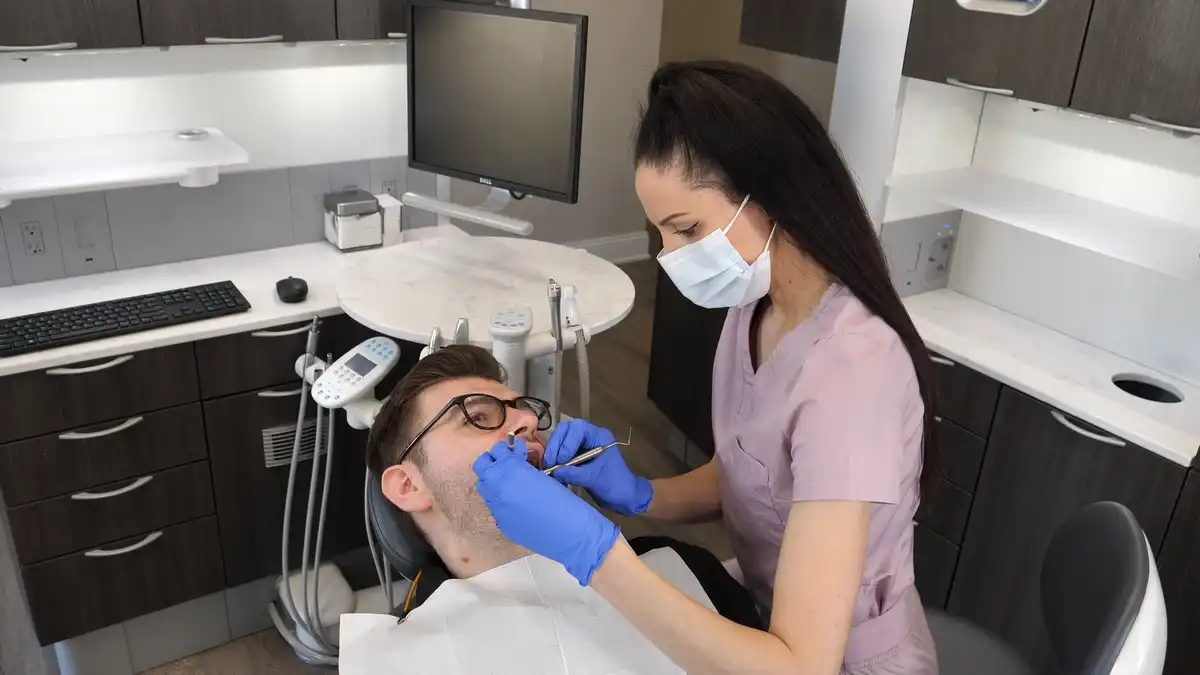Dental Risks to Athletes (of All Ages)


Do you pride yourself on living a healthy lifestyle? Do you exercise more days a week than you don’t? If you consider yourself fairly “fit,” you might want to double-check your mouth.
You wouldn’t know it by looking at me, but I’m an endurance athlete. I’ve run a handful of marathons and an Ironman triathlon, among other things. Needless to say, I’ve put in my time when it comes to training for a big athletic event. Even though my motto has always been “just have fun and get it finished,” I still have to focus on hydration and nutrition for performance purposes. Oddly enough, many of the healthiest and most competitive athletes out there have horrible dental health because of what their mouths go through during their day-to-day training. I was particularly aware of my oral health during long training periods because I knew its risks to my teeth.
Whether you have a professional athlete in your family, are a self-proclaimed gym rat, run a lot of weekend 5Ks, or have a child who is always involved in school sports, your workout habits can take a toll on your mouth.
Fortunately, you can be prepared for these risks and go out of your way to limit dental concerns before issues arise.
Enamel Wear, Broken Teeth, and TMJ Issues
A lot of athletes inadvertently clench and grind their teeth during strenuous activities. When that overuse occurs several times a week, it places unnecessary amounts of tension on your tooth enamel and temporomandibular joints (TMJ) as well as surrounding muscle tissues. Like people who suffer from chronic bruxism (clenching and grinding,) athletes may find that this subconscious habit leads to:
- Jaw joint problems
- Frequent headaches or migraines
- TMJ disorder symptoms
- Flat, worn teeth
- Broken dental work
Wearing a protective athletic mouthguard can protect your tooth enamel and reduce tension on your TMJ. If you’re involved in a contact sport or any activity where orofacial trauma may occur, professionally fitted sports mouthpieces also safeguard you against broken or knocked-out teeth and concussions. Simply put, it’s easier and more affordable to replace a mouthguard than it is several broken teeth.
If you’re participating in a non-contact sport and still find that you clench your teeth regularly, it’s a personal choice to wear a mouthguard or not. One viable option is to implement cognitive behavioral therapy with a mind-over-matter approach to keep your mouth relaxed where the lips are touching one another, but your teeth are apart.
A Higher Cavity Risk for Athletes
The supplements, foods, and liquids that athletes use for hydration and nutritional purposes can add fuel to the fire when it comes to tooth decay. What many people don’t realize is that liquids such as sports drinks are highly cariogenic; that is, they contribute to the development of cavities. Many popular sports drinks are even “worse” for teeth than soda is.
One thing that athletes can do to reduce the risk of enamel erosion is to be strategic with their intake of sports drinks and other nutritional fuels. For example, rinsing your mouth out with water immediately after drinking a sports drink or eating a nutrient-dense food source can help reduce acidic levels and food debris until brushing and flossing are possible. As a runner and cyclist, that means I’m rinsing my mouth out with water (and spitting it out) after I drink or eat anything during my activity and only drinking or eating these products when my activity or environment physically calls for it in my nutrition plan.
Dry Mouth
Oxygen intake is vital when it comes to your athletic performance. Depending on the activity, most of us are taught to breathe in through our nose and out through our mouths. Except for those of us who swim competitively, where it’s the other way around. But when your body is oxygen deprived, or you’re extremely exerting yourself, there will probably be some mouth breathing involved during the day. That, combined with caffeine intake, hot temperatures, and physical exertion, can lead to dehydration and dry mouth.
A dry mouth is a haven for bacterial plaque and the acid byproducts it produces. For someone already at risk for tooth decay, dry mouth further elevates their chances of developing cavities. Endurance athletes are no different.
Frequent sips of water or rinsing your mouth throughout the duration of your workout can help combat dry mouth issues. And if you’re not participating in an event that would benefit from a mouthguard, you can also consider chewing a piece of sugar-free gum to stimulate saliva production. Xylitol-sweetened chewing gum offers anti-cavity benefits because the Xylitol molecules inhibit plaque accumulation on your teeth (Orbit and Mentos are my favorite brands; in fact, I give some to my kids about every time we get in the car to go somewhere.)
How Athletes Can Have Healthier Teeth
First off, limit your intake of sports drinks. Save them for when you’re undergoing rigorous activities for more than an hour or working out in extremely high temperatures, where dehydration may occur.
Second, drink more water. In fact, try to drink more water than anything else.
Third, rinse your mouth out with water regularly, especially every time you fuel with something that isn’t water. Adding xylitol gum into your routine won’t hurt either, as long as it’s not interfering with your specific activity or sporting equipment.
Fourth, wear a mouthguard if you think you’re at risk of clenching or oral trauma.
And finally, visit your dentist regularly for checkups, cleanings, and fluoride treatments. Your dentist and hygienist can help you pinpoint areas of concern—like demineralization before a cavity forms—to get ahead of it. Although athletes are extremely healthy, the strain it can put on our mouths is essentially a risk factor when it comes to cavities. Be sure to see your dental team at least twice a year for preventative care.

Make your inbox smile!
Subscribe




